The Black Revolutionaries of Our Past
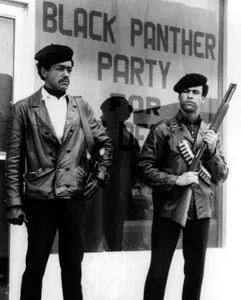
February 23, 2023
Throughout the twentieth century, radicalism was on the rise. Primarily, it found its home within black and lower-income communities. The influence black individuals had within the Left and their involvement in society created an overall larger leftist movement within America. While there were numerous black revolutionaries, the Black Panther Party and many activists associated with them truly shaped the way America viewed the systemic, economic oppression of black people within America.
Huey P. Newton and Bobby Seale formed the Black Panther Party for Self Defense (BPP) in 1966 in Oakland, California. They led the party with the ideology of black nationalism, socialism, and armed self-defense, specifically against the police brutality lower income and black citizens faced in large cities, especially Chicago. The Black Panthers would patrol black neighborhoods to protect their fellow black Americans from unearned bouts of police violence. The Panthers quickly became a target of the US government, and this led to large pushback from both government officials and the media at large. The Panthers impacted the view of socialism and Black nationalism within many Americans that continues to influence theory and activism today.
Angela Davis, a famous black revolutionary, joined the BPP with the intent of growing the party and changing the way black Americans were treated within the prison system and the American economy. Davis was a prominent social figure during the Civil Rights movement and remains influential throughout the nation through the many speeches she gave, the ideas she perpetuated, and the works she has written. Davis fought for not only black liberation but focused much of her work on the intersectionality of race, gender, and class- viewed through a lense of black nationalism. Davis was a member of both the Black Panther Party and was even the leader of the USA Communist Party in the 1960s. Davis advocated for the abolishment of prisons and argued against the prison industrial complex while pointing out the disproportionate effects it had on communities of color and low income communities. One of Davis’s most notable works is “Women, Race, and Class” where she explores the idea of intersectionality in demanding constitutionally defined rights.
Also joining the Panthers for a short time was Malcolm X. X was a muslim minister and human rights activist who preached black nationalism and subscribed to the principle of “Black Power for Black People”: a sentiment promoted and begun by the Panther Party in their pursuit of black nationalistic ideals. Alongside Davis, he taught black pride as well as self-defense. As police continued shooting black people on the street and raiding their homes, Malcolm X preached self defense to ensure the black population in America could protect themselves from the opressive regimes of the white power structure. X was finally assassinated in 1965, but gained national recognition and influence with the posthumous publishing of his autobiography.
Throughout the civil rights movement in the 60s, black radicals played an integral role. Although they were persecuted by both the people and government, they encouraged a wide array of people to join the movement. Their radical actions pressured government officials to take action addressing the issues of racial injustice and have inspired generations of those who occupy a space within the Left.

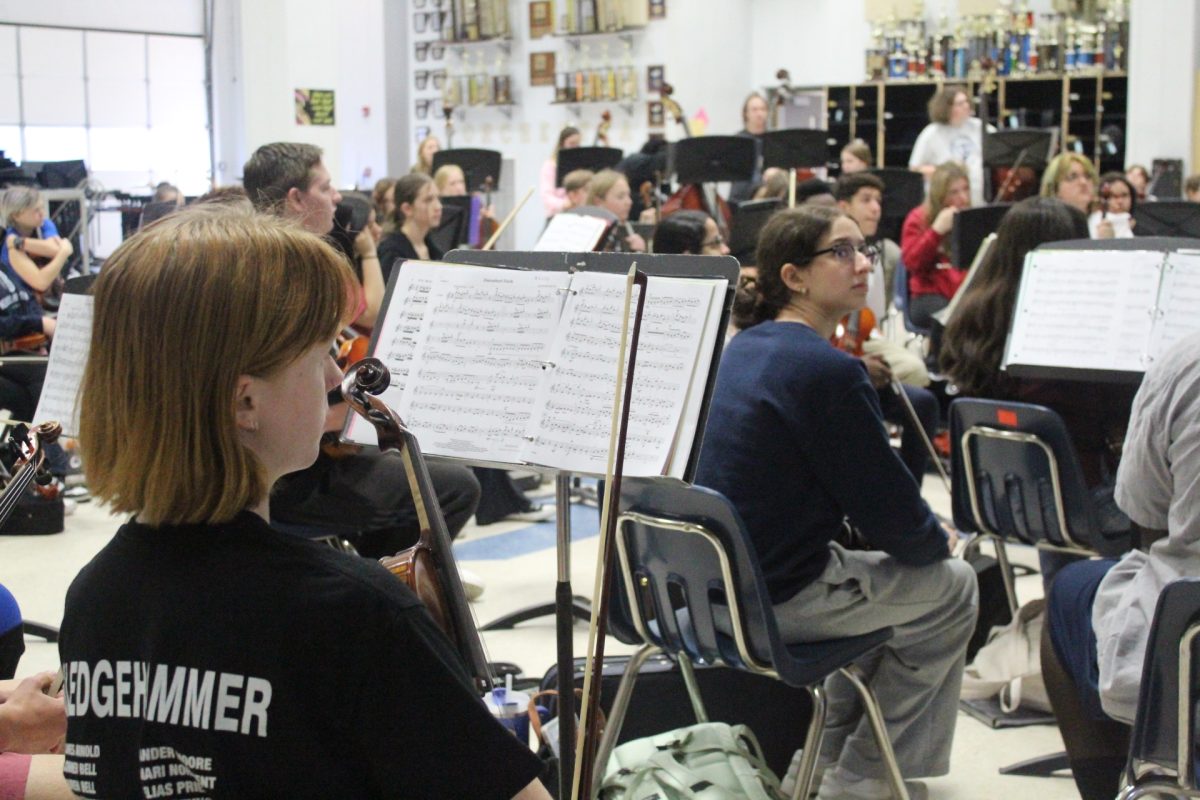


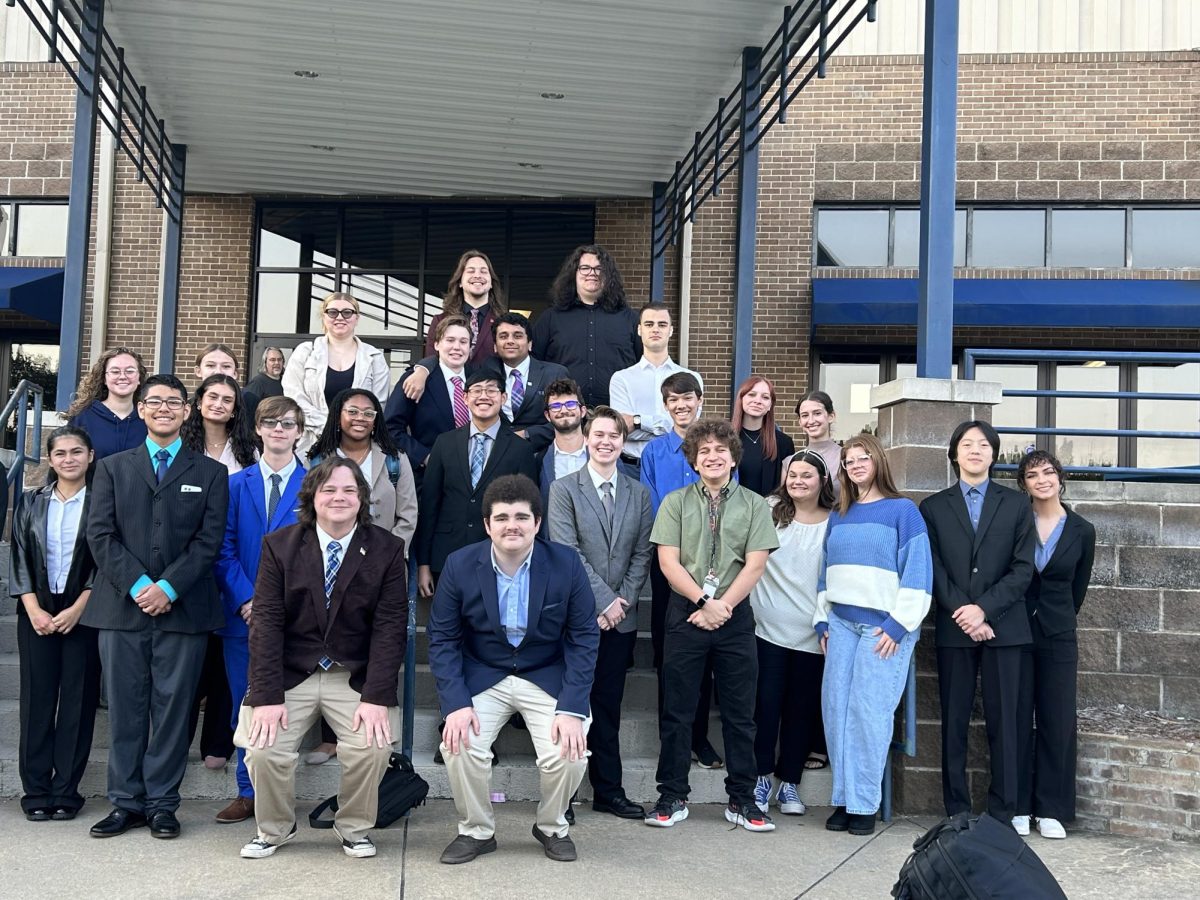
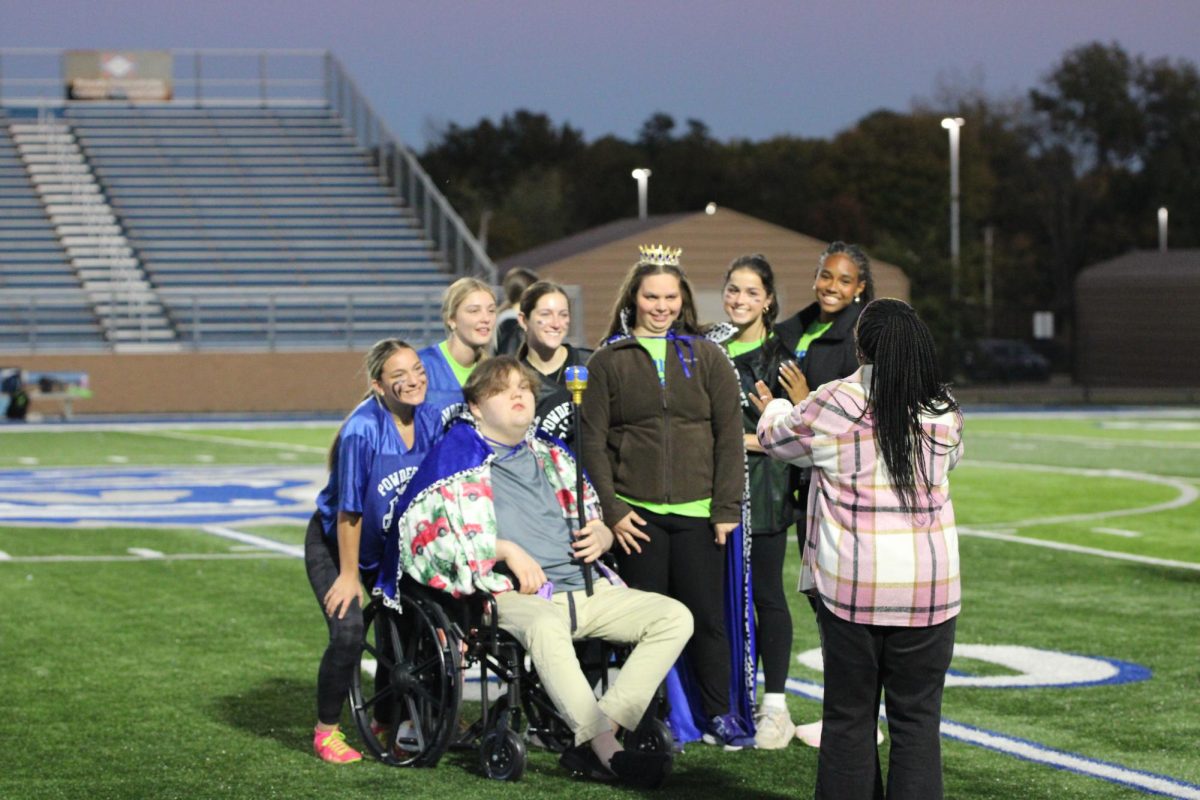


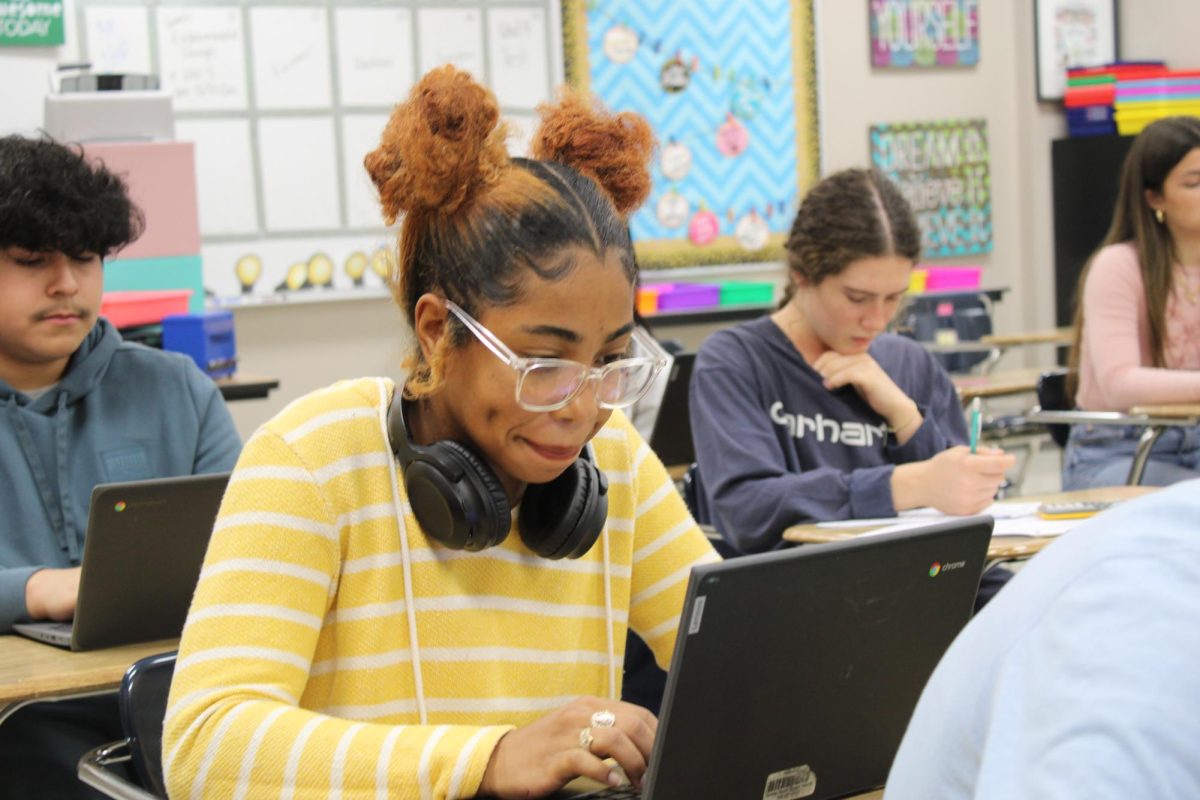


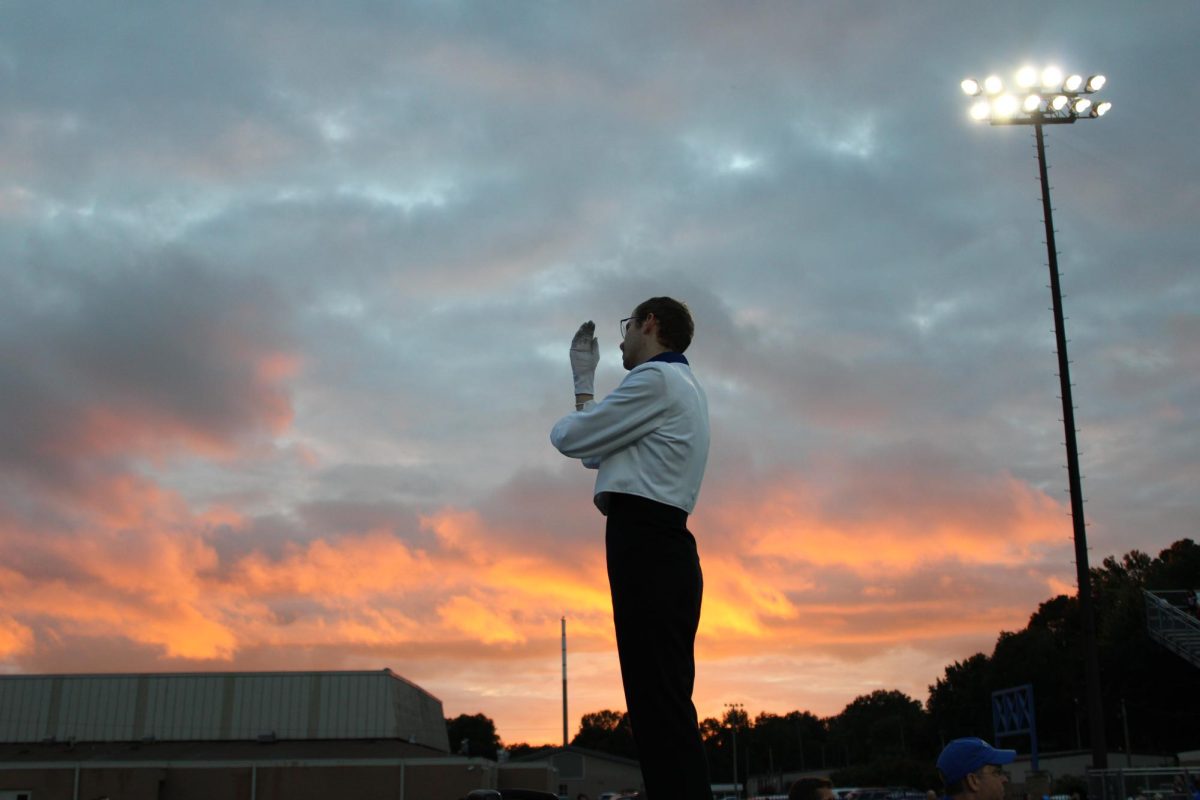
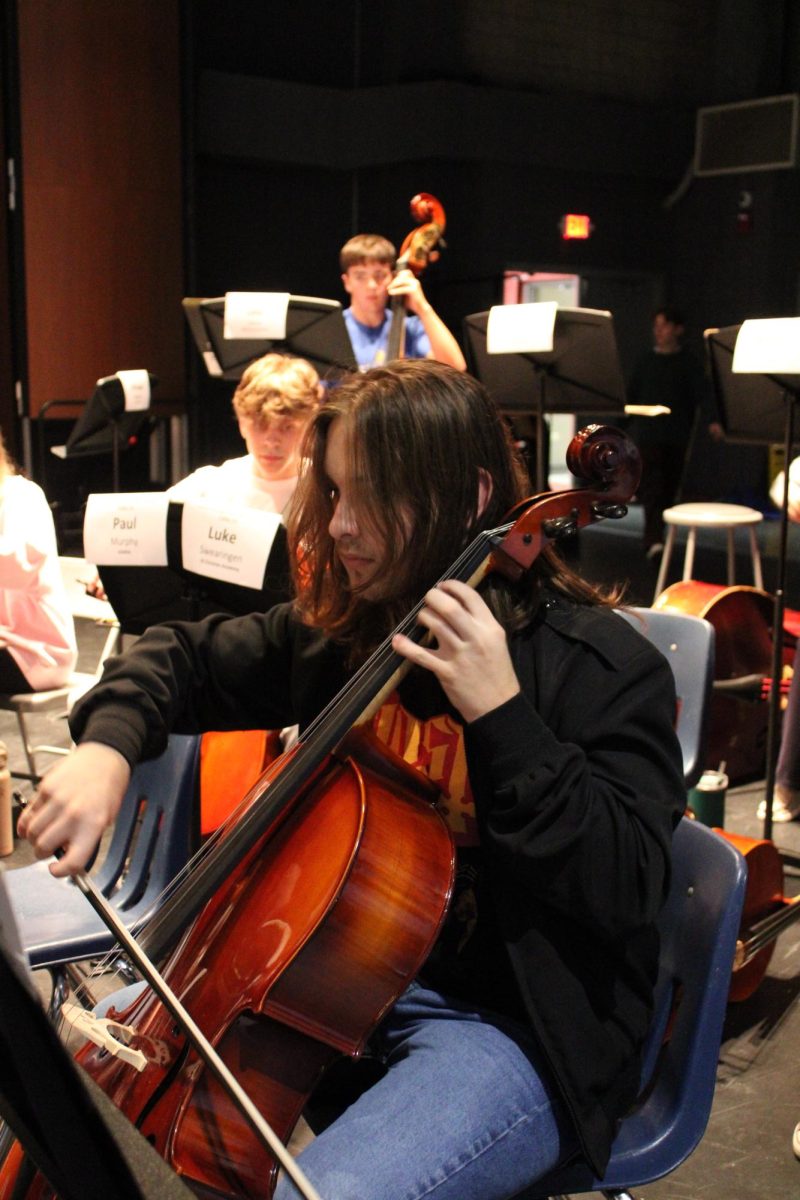
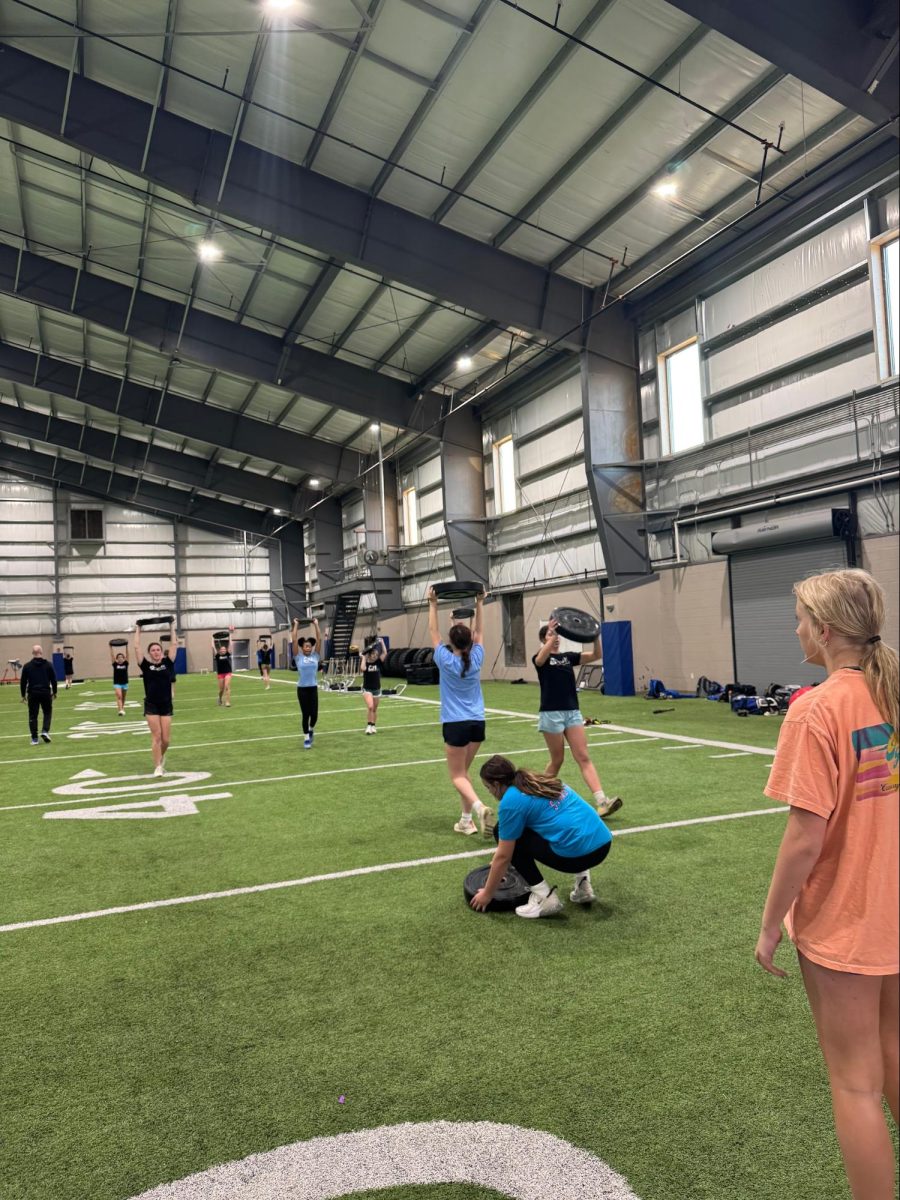




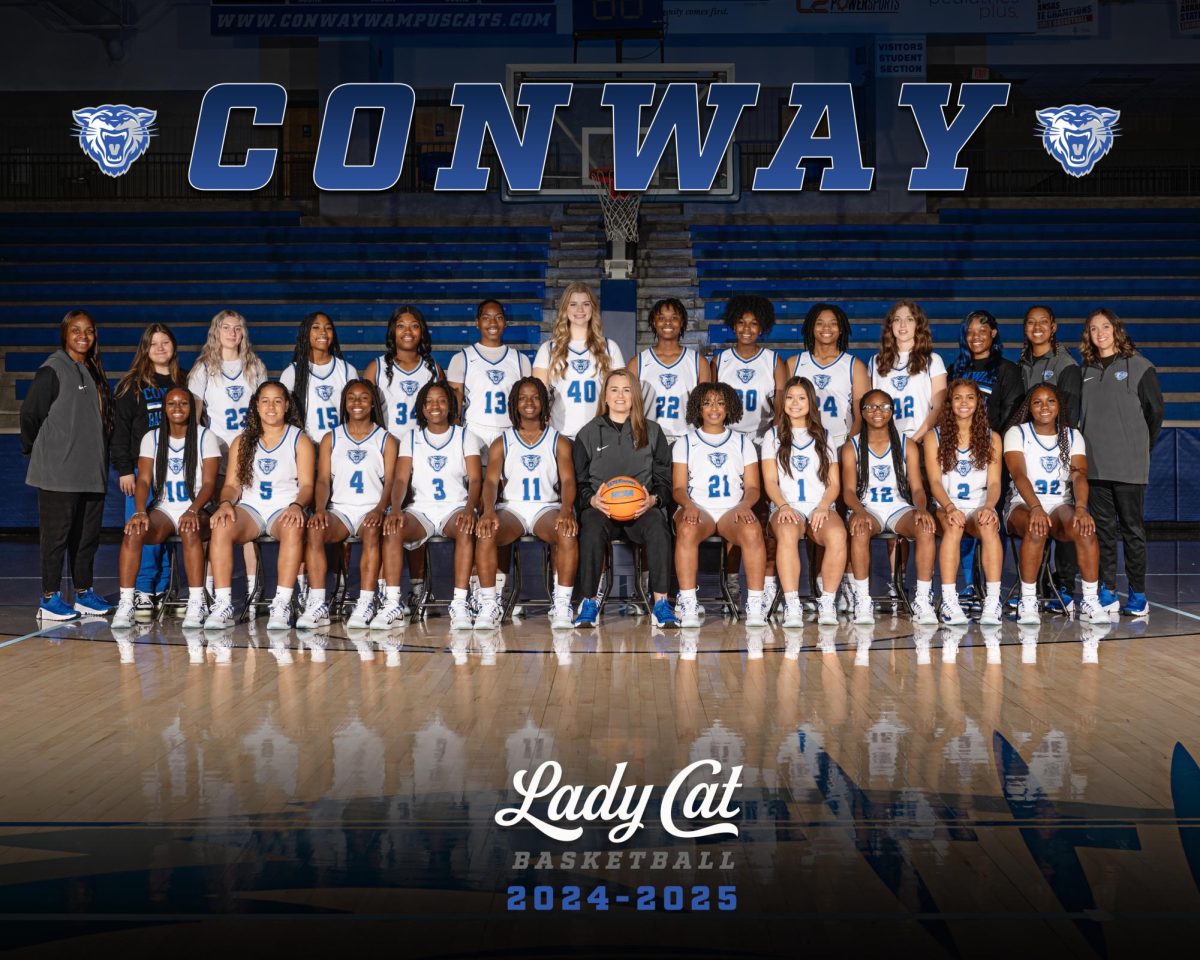

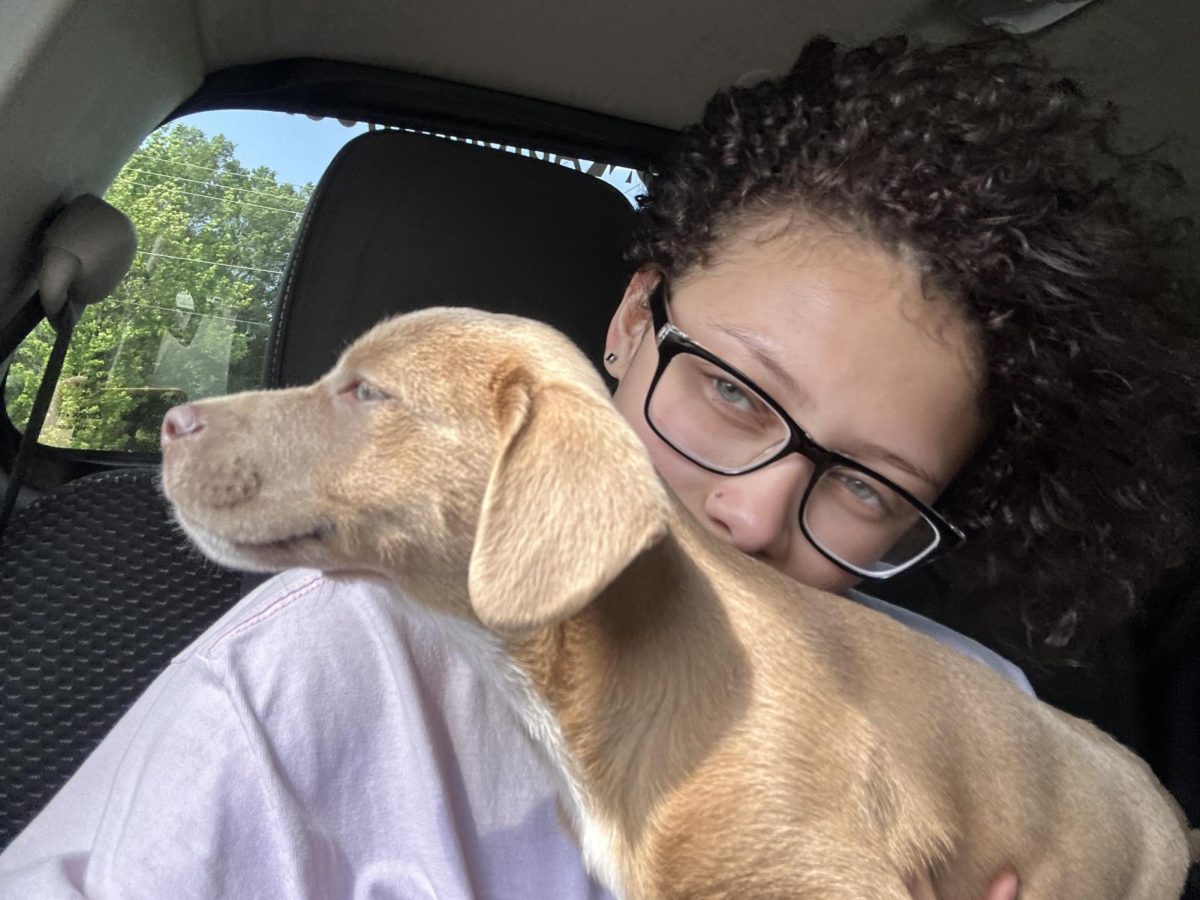
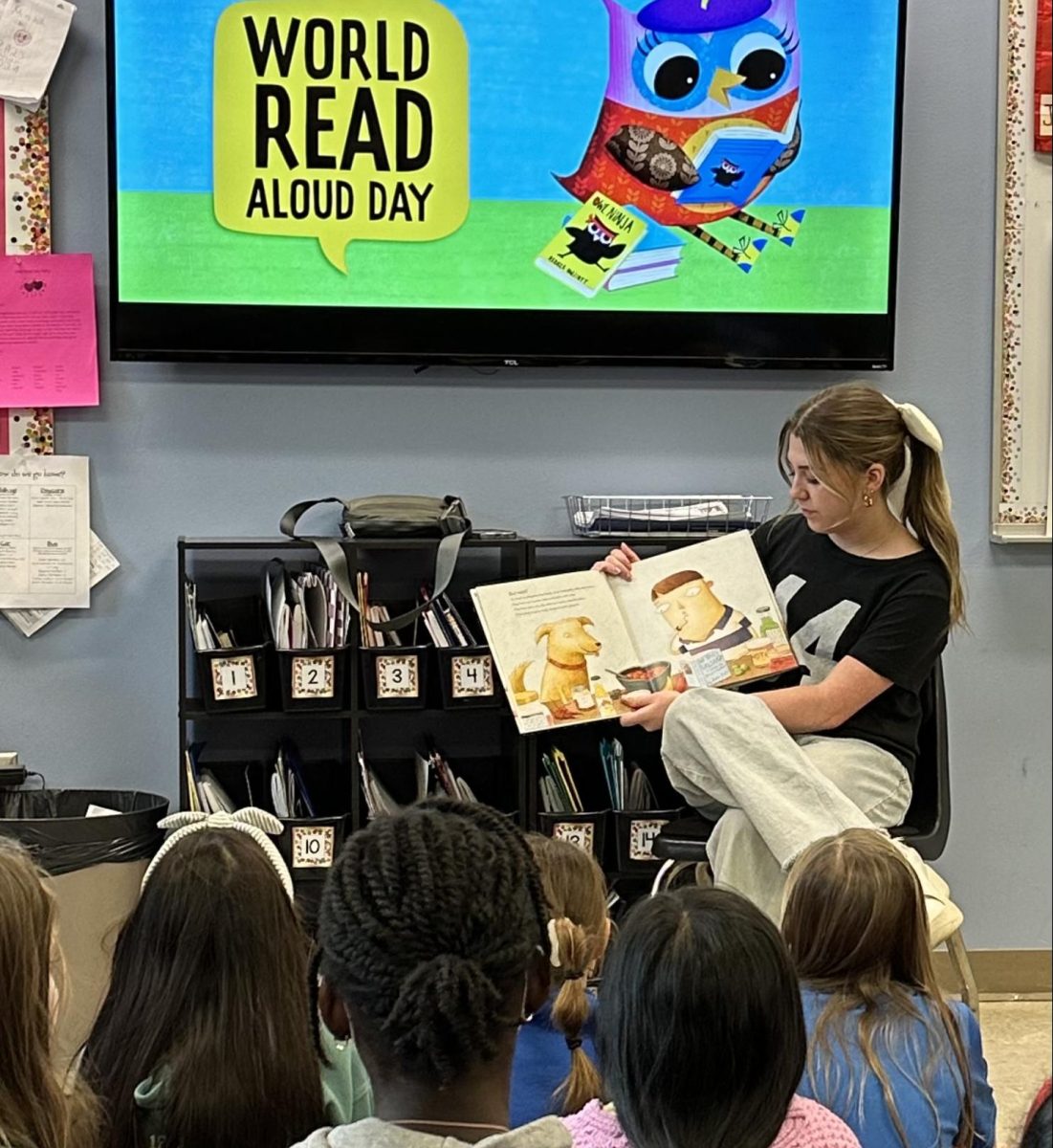


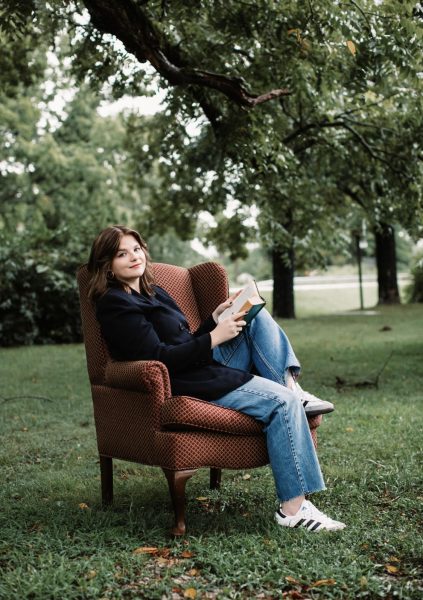
Braydon Taylor • Mar 15, 2023 at 2:01 pm
as of recently because of a class i was reminded of some amazing people and now i get to learn about more
Em Claflin • Mar 3, 2023 at 1:43 pm
Apart from the quality of the writing being great overall, I love that this piece calls attention to an absolutely vital part of the Civil Rights Movement that is all too often ignored in favour of its more “palatable” peaceful counterpart.
Daisy Caudle • Mar 3, 2023 at 12:44 pm
This is really well written and informational. I really liked the layout of this piece and how it flows well.